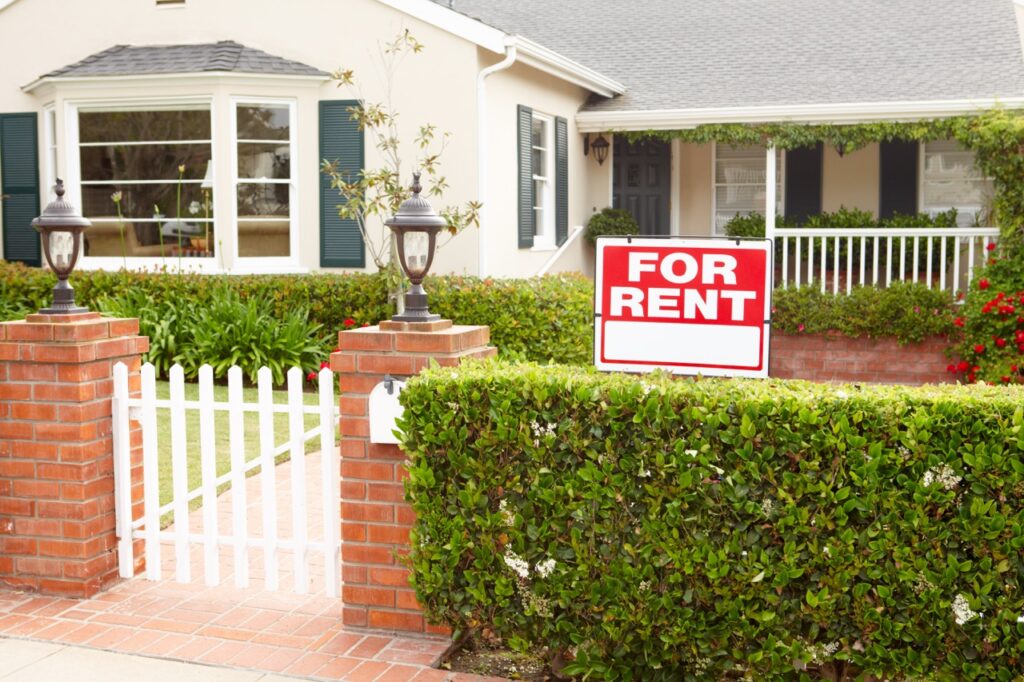As a rental property owner, you have the option to hire a property manager or handle management yourself. Many real estate investors choose to hire a manager to avoid the numerous responsibilities that come with managing rental properties. However, it’s possible to learn how to manage multiple rental properties yourself and achieve success. While it may seem challenging, DIY property management can be fulfilling if approached correctly.
To learn how to manage your own rental property successfully, continue reading for a detailed guide on all the necessary steps.
What is a property manager?
A property manager is a contractor who oversees and maintains real estate properties on a daily basis. They are responsible for repairs, maintenance, security, and upkeep of residential, commercial, or industrial properties. Property managers are usually hired by owners of investment properties like apartment complexes, private communities, shopping centers, and industrial parks.
What are the Duties of a DIY landlord?
Tenant Management
The most important task of a DIY landlord is managing tenants. This includes advertising vacancies, interviewing prospective tenants, screening applicants, signing leases or rental agreements and collecting rent. Landlords may also need to handle tenant complaints, enforce the terms of the lease agreement and provide support when needed.
Property Maintenance
Another key responsibility for landlords is maintaining the property. This means ensuring all necessary repairs are made in a timely manner and conducting regular inspections to check for any potential issues. Landlords should also be aware of any local regulations or codes they must comply with, such as energy efficiency standards or pest control protocols.
Financial Management
Owning rental properties is a business venture, so landlords must stay organized and manage their finances properly. This includes keeping accurate records of all income and expenses, setting aside funds for taxes, budgeting for repairs or renovations, charging legally allowed rental rates and staying current on any mortgages or loans.
Legal Obligations
Landlords are also responsible for understanding any legal obligations or requirements associated with their rental property. This includes knowing the landlord-tenant laws in your state, obtaining necessary permits or certifications and protecting the security deposit. It is also important to understand any federal, state or local rent control policies that may apply to your rental properties.
Marketing & Advertising
DIY landlords must also be proactive with marketing their rental properties. This involves creating and posting advertisements, utilizing online listing services like Craigslist or Zillow, networking with professional contacts and using social media to reach potential tenants.
Time Management & Organization
Successful DIY landlords must also be able to manage their time efficiently and keep accurate records of their business. This means setting up a system that helps you keep track of all documents, tenant information, and financial records. It is also helpful to set up a schedule for tasks such as rent collection or maintenance inspections.
What are the Options for managing rental properties?
When it comes to managing rental properties, there are several options available to property owners. Each option has its own advantages and disadvantages that must be considered before making a final decision. Here are some of the most common options for managing rental properties:
1. DIY Management: As previously mentioned, managing rental properties yourself is a viable option for property owners who want more control over the day-to-day operations of their investment. DIY management involves taking care of all tenant-related tasks, maintenance, finances, legal obligations, and marketing and advertising on your own.
2. Property Management Company: This option involves outsourcing management tasks to a professional property management company. These companies offer a range of services, including rent collection, tenant management, property maintenance, and financial management. Property management companies typically charge a percentage of the rental income or a flat fee for their services.
3. Resident Manager: Another option is to hire a resident manager who lives on-site and takes care of day-to-day tasks such as maintenance and tenant management. Resident managers usually receive free or reduced rent in exchange for their services.
4. Virtual Property Management: Virtual property management companies employ technology to assist with rental property management. These companies provide services such as tenant screening, rental collection, maintenance requests, and financial management through an online portal. This option is often cost-effective and convenient for landlords who want to manage their properties remotely.
5. Hybrid Management: Hybrid management involves a combination of DIY management and outsourcing certain tasks to a property management company. For example, a landlord may choose to handle tenant management themselves but hire a property management company to handle maintenance and repairs.
In conclusion, managing one’s own rental properties may seem daunting, but with proper planning and organization, it can be a fulfilling and profitable venture. DIY management allows landlords to have complete control over their investments, from tenant management to financial management, and keep a closer eye on their properties.
However, outsourcing to a property management company or resident manager can alleviate some responsibilities and offer convenience. Virtual property management is also a great option for landlords who want to manage their properties remotely. Ultimately, the choice depends on the landlord’s goals, resources, and personal preferences. Successful rental property management involves understanding tenants, maintaining the property, managing finances, staying compliant with laws and regulations, and effectively advertising the property. Following these tips and staying informed of industry trends and best practices can lead to a successful DIY property management experience.

